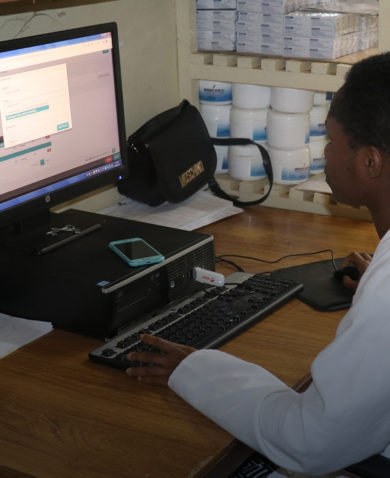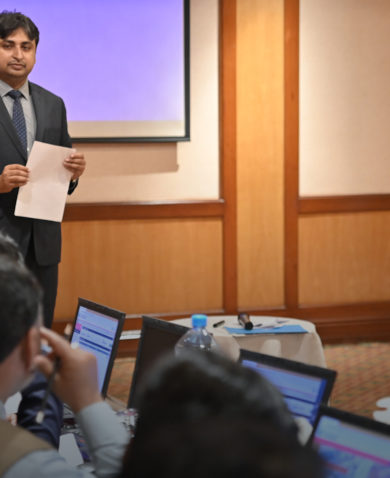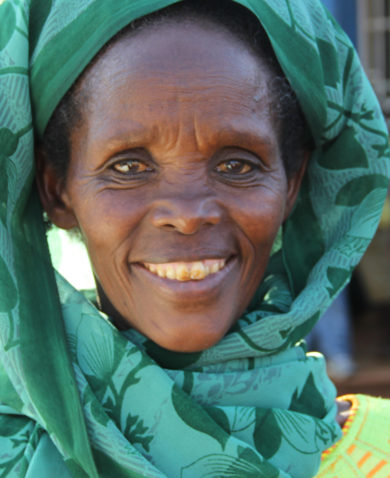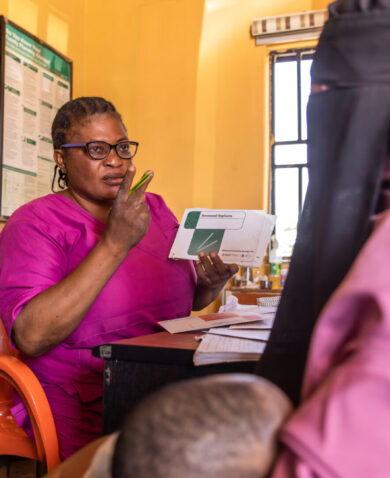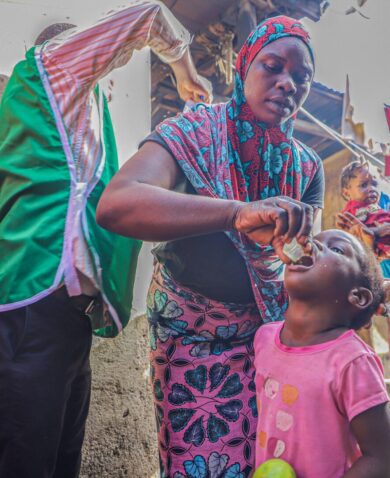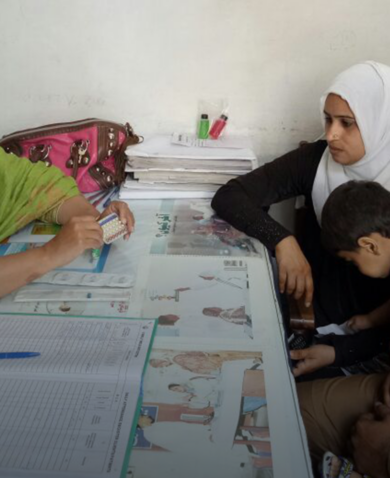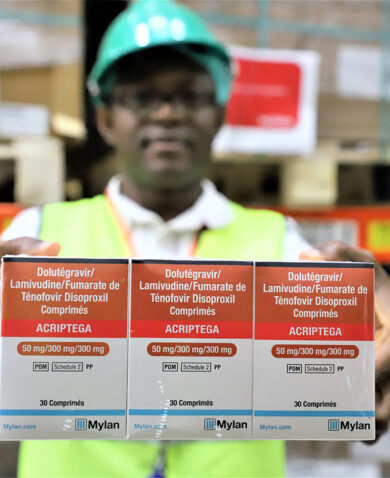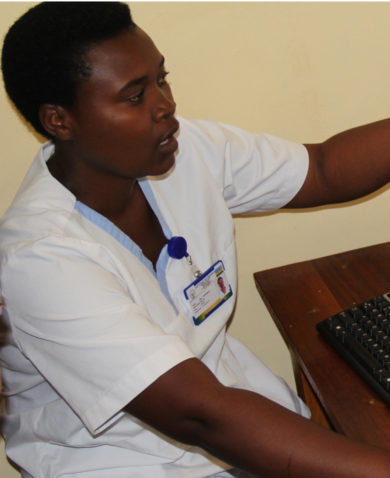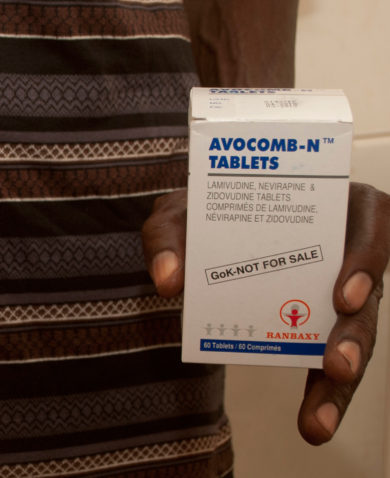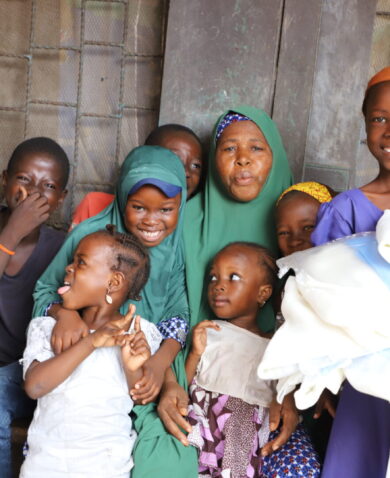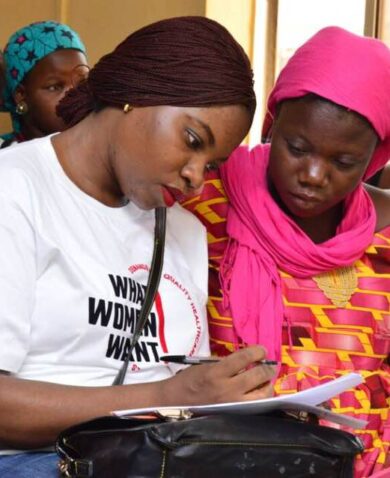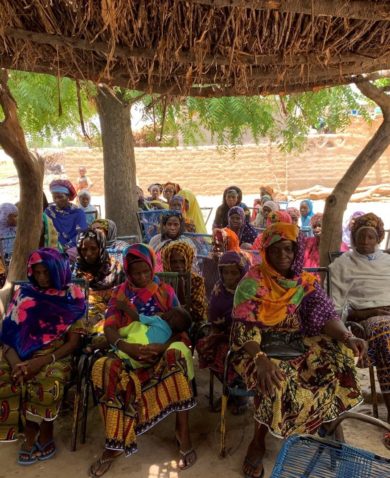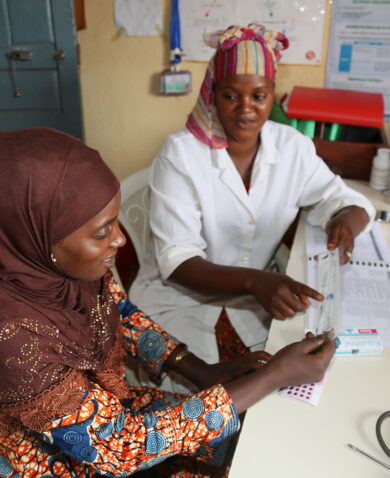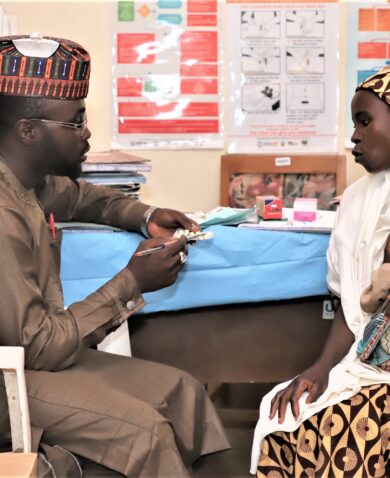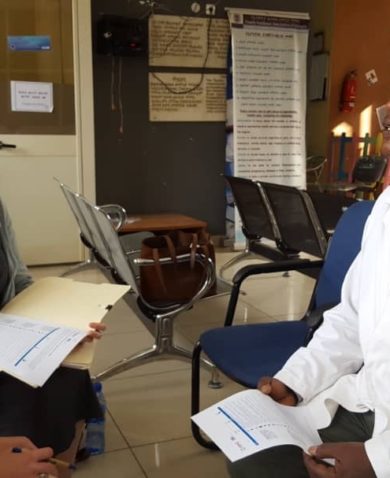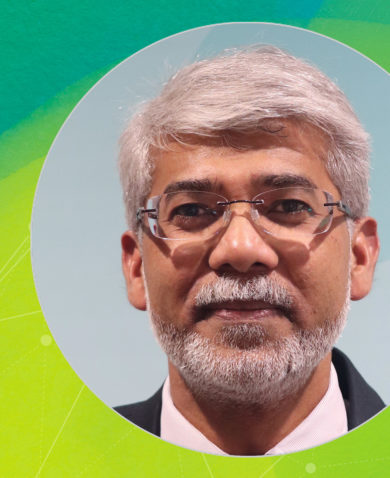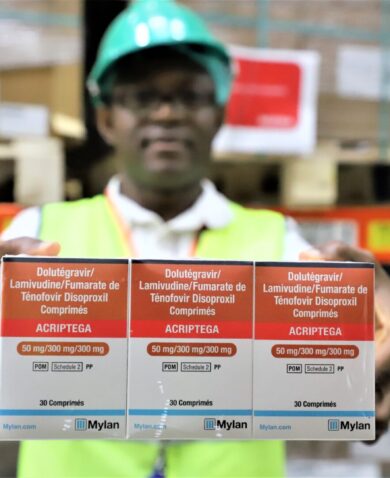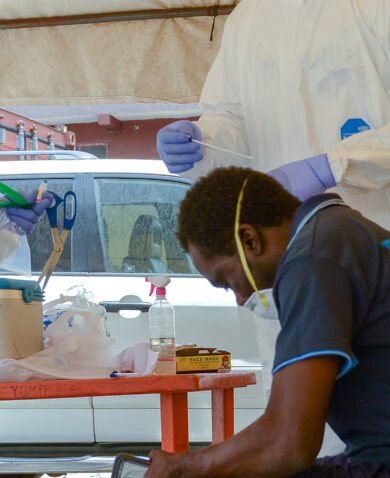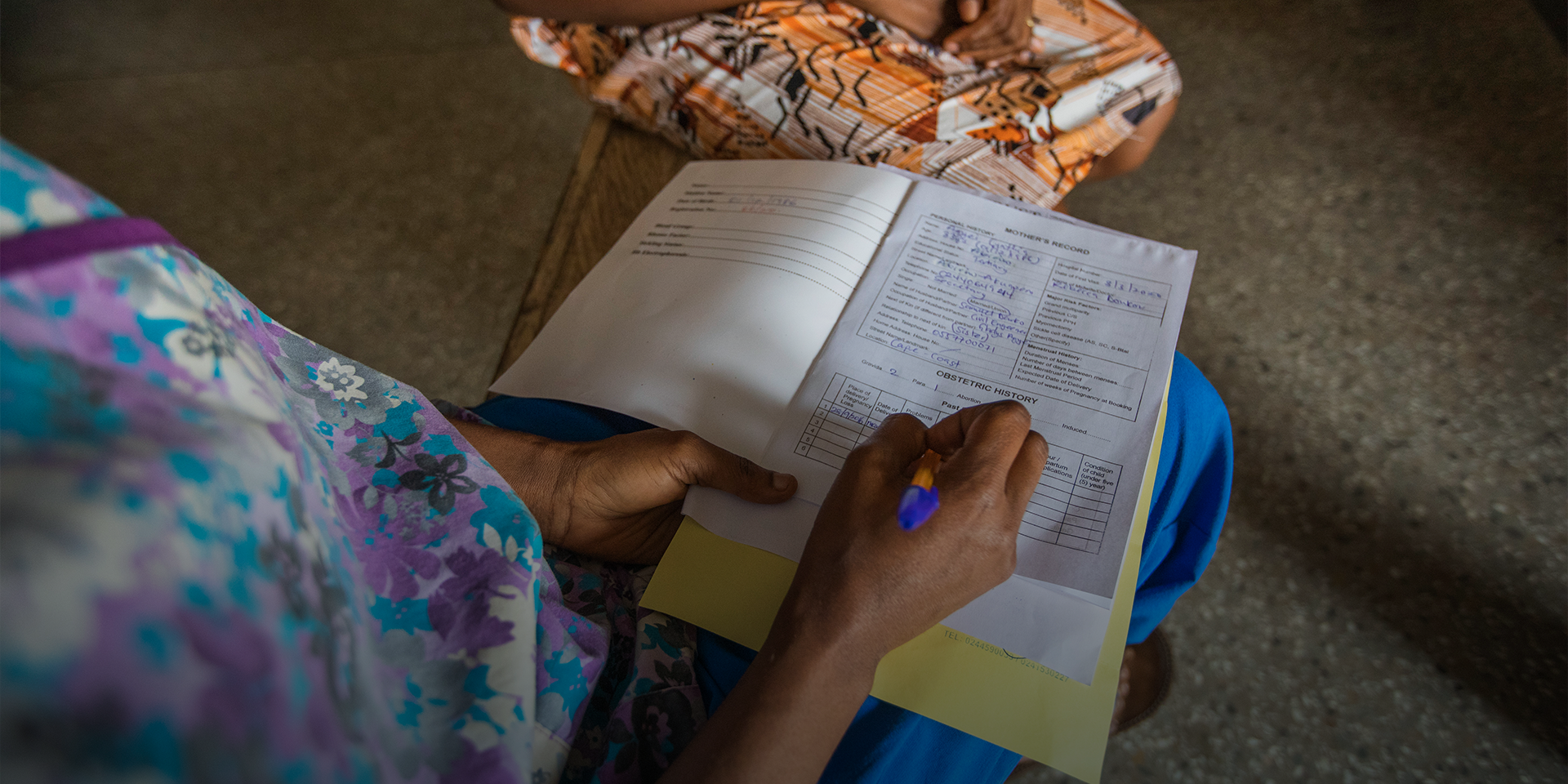
It’s the Behaviours that Count
August 17, 2022 | 3 Minute ReadA look at some of the guiding principles critical to health market facilitation
This post was originally published by BEAM Exchange, and is cross posted with permission.
As the project director for a new USAID-funded global flagship programme called Frontier Health Markets (FHM) Engage, you may think that I spend all my time focused on markets for family planning, maternal and child health, HIV, malaria, or TB. But you’d only be half right.
Nine months into this roller coaster ride, I find myself spending a surprising amount of time talking about behaviours.
Not the behaviours at the heart of health markets, governing the transactions between the client/patient and the provider/health worker. Nor the behaviours that are needed to support the governance of a health market in mixed health systems, as described by WHO’s recent strategy report.
Instead, I find myself talking about the operationalisation behaviours that are needed to support a global technical assistance platform like FHM Engage.
As we work across multiple markets and geographies, and from multiple angles, our consortium partners identified early on the need for common guiding principles, or behaviours, to act as the “glue” for all of our activities.
During three remotely facilitated sessions we were able to draw on more than 400 years of work experience to distil six behaviours that we deem necessary for the success of our market work:
1. Being intentional about inclusivity and equity
We defined this principle as ensuring that diverse voices of all actors are valued, incorporated, and drive implementation. In our market diagnostic work, this means including different voices – especially from the private health sector – to identify and understand the root causes for market under performance.
2. Listening before acting
We defined this as needing to first actively listen to market actors to identify root causes to problems before then co-working to identify contextually appropriate solutions. In a recent collaboration, Christopher Whitfield (Executive Director and Lead, Africa Region at Gilead) explained his team mantra as “Listen, listen, listen, listen some more, wait and reflect, and THEN act.” We couldn’t agree more.
3. Building on existing structures
We defined this as having programmes and structures, led by actors from within the market system, that are leveraged to drive scale and sustainability. To us, this behaviour is about understanding both public and private platforms, technical working groups and associations and identifying ways to add value to those structures. It means not creating duplicative structures even if such a structure might give quick wins in the near term.
4. Embracing adaptive learning
Our consortium partners defined this behaviour as having a fail-fast mindset to drive us towards creative problem solving and excellence. While failing-fast might sound high risk, within FHM Engage we think of it as making the potential solutions that we co-design visible, even tangible – something that market actors can get their arms around. We then point out challenges so that it “fails fast” and we can co-design stronger and more sustainable solutions.
5. Being persistent yet patient
We defined this as understanding that change takes time and is often met with resistance, so we need to be both brave and bold. For us, this behaviour means taking time to fully understand and operationalise what the market approach means and how it links to our traditional private sector approaches and intended areas of health impact. Understanding the distinction between a market approach and a systems approach is nuanced and yet critical for us. As we get into the work, we are committed to being persistent in asking questions, learning from others, and being patient with ourselves and market actors.
6. (Last but not least) Nurturing trust and respect
Our consortium defined this behaviour as leading with empathy, collaborating with dignity, and trusting that all market actors are capable of excellence. In our country-level work, nurturing trust and respect between public and private sector partners is critical to our success. To do this effectively, the local market actors with whom we partner will need to be neutral parties. FHM Engage will support these market actors to run strong market facilitation processes that earn respect and build trust.
In sharing these six crowd-sourced behaviours, I hope to hear from our programmes and other interventions about which behaviours they have found critical to the success of their market facilitation work.
We will be sure to report back on how the adoption of these behaviours has helped (or hindered) our work. Until then!
Frontier Health Markets (FHM) Engage works to improve the market environment for greater private sector participation in the delivery of health products and services and to improve equal access to and uptake of high-quality consumer driven health products, services, and information. Learn more here and stay connected on Twitter and Facebook.
Banner image caption: Rebecca Donkor, midwife at community-based Health Planning and Services facility in Abirew, Ghana, conducts routine check-in with pregnant client Cynthia Agyei. Credit: GHSC-PSM Maternal Newborn & Child Health Task Order.
Posts on the blog represent the views of the authors and do not necessarily represent the views of Chemonics.





